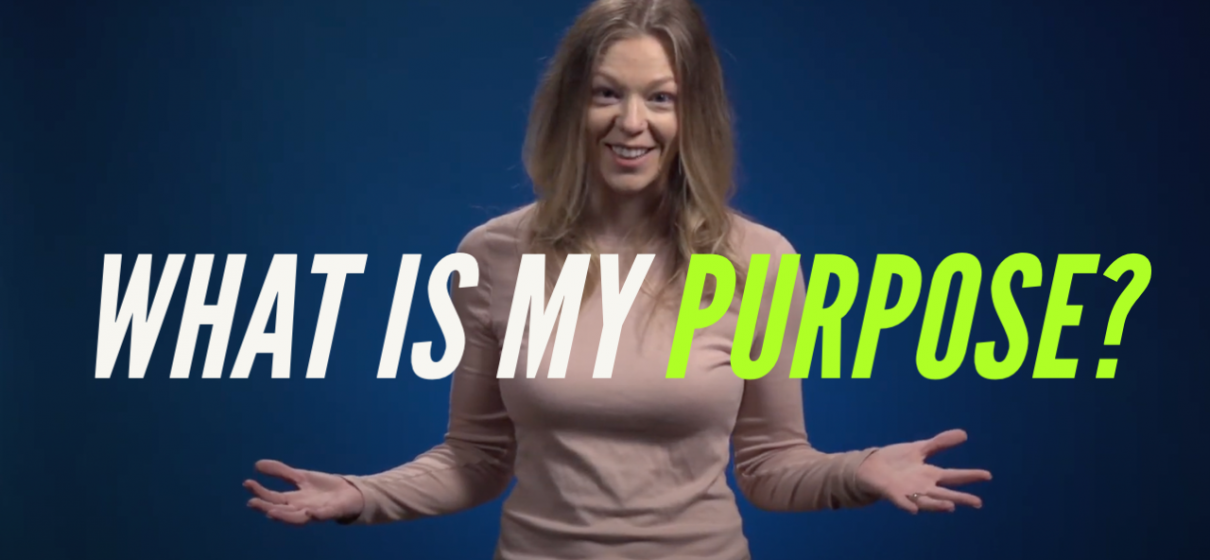Knowing the Big Story: An Intro to Biblical Theology
Let’s be honest, for many, simply opening a Bible can be an incredibly intimidating thing, especially if you find yourself in certain sections of the Old Testament. I can’t tell you how many would-be students charged up the hill of God’s Word ready to “learn the Bible” only to retreat in confusion and despair after getting stuck in places like Deuteronomy or Leviticus. Frankly, that’s why you find many Christians who have read the New Testament several times but haven’t made it through the Old Testament even once.
However, it should encourage us to know that the Old Testament was the Bible used by Jesus and the apostles. Both believed it to be perfectly adequate to teach others about Christ and the Kingdom he was bringing. Luke 24 records Jesus giving two disciples a lesson on how they should see the Old Testament. Walking with them to the town of Emmaus, Jesus pulled out his pocket Old Testament and “beginning with Moses and all the Prophets, he interpreted to them in all the Scriptures the things concerning himself,” (Luke 24:27).
Beginning with Moses and all the Prophets, he interpreted to them in all the Scriptures the things concerning himself.
– Luke 24:27
Think about this. “Moses and all the Prophets” is shorthand for the entirety of the Old Testament. Do you see the statement Jesus makes? He is saying from Genesis to Malachi, all the Old Testament ultimately points to him. Exodus points to him, Deuteronomy points to him, even Leviticus points to him! Far from being the part of the Bible you should skip, the Old Testament, in some form or fashion, progressively moves the reader down a road that leads to the Person and Work of Jesus.
The study of how every part of the Bible finds its plotline in Jesus is known as biblical theology. It’s an attempt to understand The Big Story of Scripture whereby God is progressively, organically, revealing his plan to redeem sinners through the gospel.
Biblical theology argues that to try to understand the Old Testament outside Jesus not only risks missing the point of the Bible but also that confusion and frustration will abound as you find yourself mired in passages you don’t know what to do with.
The Old Testament is just as much about Jesus as the New.
Graeme Goldsworthy, one of the foremost voices of biblical theology, addressed the essentialness of Jesus in the Old Testament when he wrote: Because the New Testament declares the Old Testament to be incomplete without Christ we must understand the Old Testament in light of its goal which is Christ. Jesus is indispensable to a true understanding of the Old Testament as well as the New (Gospel and Kingdom, 49). He later adds,For the New Testament, the interpretation of the Old Testament is not ‘literal’ but ‘Christological,’ (Gospel and Kingdom, 109).
Want to enjoy the entire bandwidth of Scripture in a way that blesses instead of confuses? Learn biblical theology and how each book of the Bible fits into The Big Story of redemption because we cannot properly interpret any part of Scripture unless, like Jesus, we relate it to his person and work.
Biblical theology…
1. Helps you avoid misapplying the Bible. For example, biblical theology will guard you from moralizing the stories of the Old Testament by seeing how those characters and stories find their place in The Big Story or are a shadow of Christ and his work. You’ll notice how the stories of the Bible serve the story of the Bible, and why trying to turn those stories into a kind of Aesop’s Fables for Christians is a great injustice.
2. Gives you the right questions to ask. You will have confidence that whether you find yourself in Leviticus or any other book of the Bible you know what answers you need to discover like, Where does this stand in God’s progressive plan of redemption? How does this section of Scripture tie to Jesus? What is God revealing to the characters about his plan?
3. Reveals themes, motifs, and concepts that can be traced and developed from Genesis to Revelation. You will learn to see all kinds of redemptive threads woven throughout the Bible that begin with the Old Adam and tie off at the New Adam. It will also convict you of the truth that the Bible is a unified book instead of wrongly pitting the two testaments against each other.
4. Let’s you read the Bible like Jesus read the Bible – a book that from cover to cover is all about him. Jesus reminds us in John 5:39 via a rebuke to the religious leaders of his day, “You search the Scriptures because you think that in them you have eternal life; and it is they that bear witness about me.” The Old Testament and New are about Jesus.
5. Reminds you of the greatness and glory that can only be found in the One of whom the Bible is ultimately about: Jesus!
Recommended Resources
- Gospel and Kingdom by Graeme Goldworthy
- The Big Picture by Vaughn Roberts
- The Big Story by Justin Buzzard










